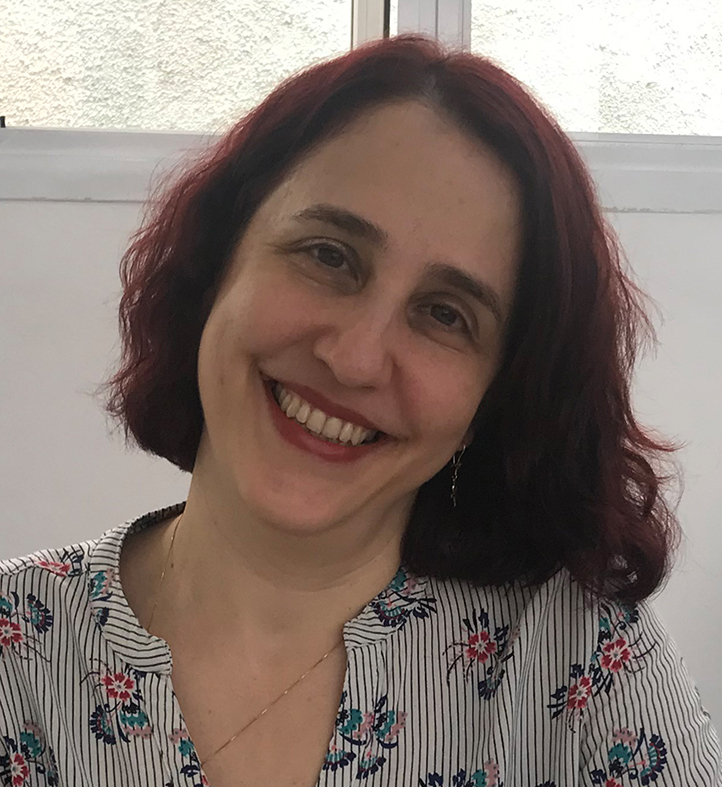Just a minute, let me think!
Just a minute, let me think![1]
The first decision I had to make regarding this post was if I wanted to write in Portuguese or in English. That was because it is based on a three-question survey I conducted with my last year high school students (3o ano do Ensino Médio) where I work and where the lessons are taught in Portuguese. I decided to write it in English in the end as this was one the suggestions made by part of the students: having lessons in English.
In this school grade, as opposed to what happens with the previous grades at the school[2], the lessons are taught in Portuguese as the main focus is on reading comprehension for students who will sit for the ENEM (Exame Nacional do Ensino Médio) and other university entrance tests. In other words, it is a course in English for Specific Purposes. As such, the focus is on helping students understand more complex texts and on improving their vocabulary. I believe we do achieve this aim, but after so many months teaching reading strategies it’s natural, I think, for students to lose interest. I therefore decided to ask them how they thought the course could be made more useful to them. Here are the questions I asked:
Taking into consideration the context of 3o ano:
- What do you like about the course?
- What don’t you like about the course?
- What suggestions would you give to make the course more useful to you?
They wrote down their answers on slips of paper and put them in a bag. They didn’t have to identify themselves, unless they wanted to.
I have to admit that the responses surprised me. First because they showed a level of maturity I didn’t expect from them. Second, because they were eager to think about it and express their opinions. The following lesson I commented on the survey and again students wanted to contribute.
Among the suggestions, a high frequency one was Having lessons in English so as to make the course more challenging. As one student put it, If this is the English lesson, it doesn’t make any sense to have classes in Portuguese. I’m fairly good at reading and I’d be happier if the course helped me improve other abilities. However, there was an equally large group of students who thought that the lessons were too difficult, the curriculum is too demanding and that they simply couldn’t cope with lessons in English. Again, according to another student It’s hard enough the way it is now. If the lessons were in English, I wouldn’t even be able to read any kind of text and, therefore, I’d have no chance at ENEM.
There were many interesting comments and suggestions, varying from having more video and films in class to having more interdisciplinarity, but this paradox between the course is too easy x the course is too difficult makes me believe that language lessons at regular schools need to be urgently rethought. It seems to me that the abyss between those who have more opportunities and can attend language courses and the ones who have very limited opportunity is growing too large to be ignored. Though my experience at regular schools is limited to the military school, I dare say that in other schools the situation may be similar. This keeps me thinking about how I can contribute to change this reality and what strategies I can use in the classroom to cater for these widely different needs.
[1] This is the title of an iconic book by Re’ uven Feuerstein, a clinical, developmental and cognitive psychologist renowned for his groundbreaking work in demonstrating that intelligence is not fixed, but modifiable
[2] Up to the second year of Ensino Médio, students are grouped according to their level of proficiency and there are fewer students in class. When they progress to 3o Ano, they are all grouped together independently of their level and there are around 33 students in each class. As military people move cities quite often, not always do students have English lessons (or at least quality English lessons) in their schools. At the same time, there are military people who serve abroad so it’s not uncommon to have students who are totally fluent.






